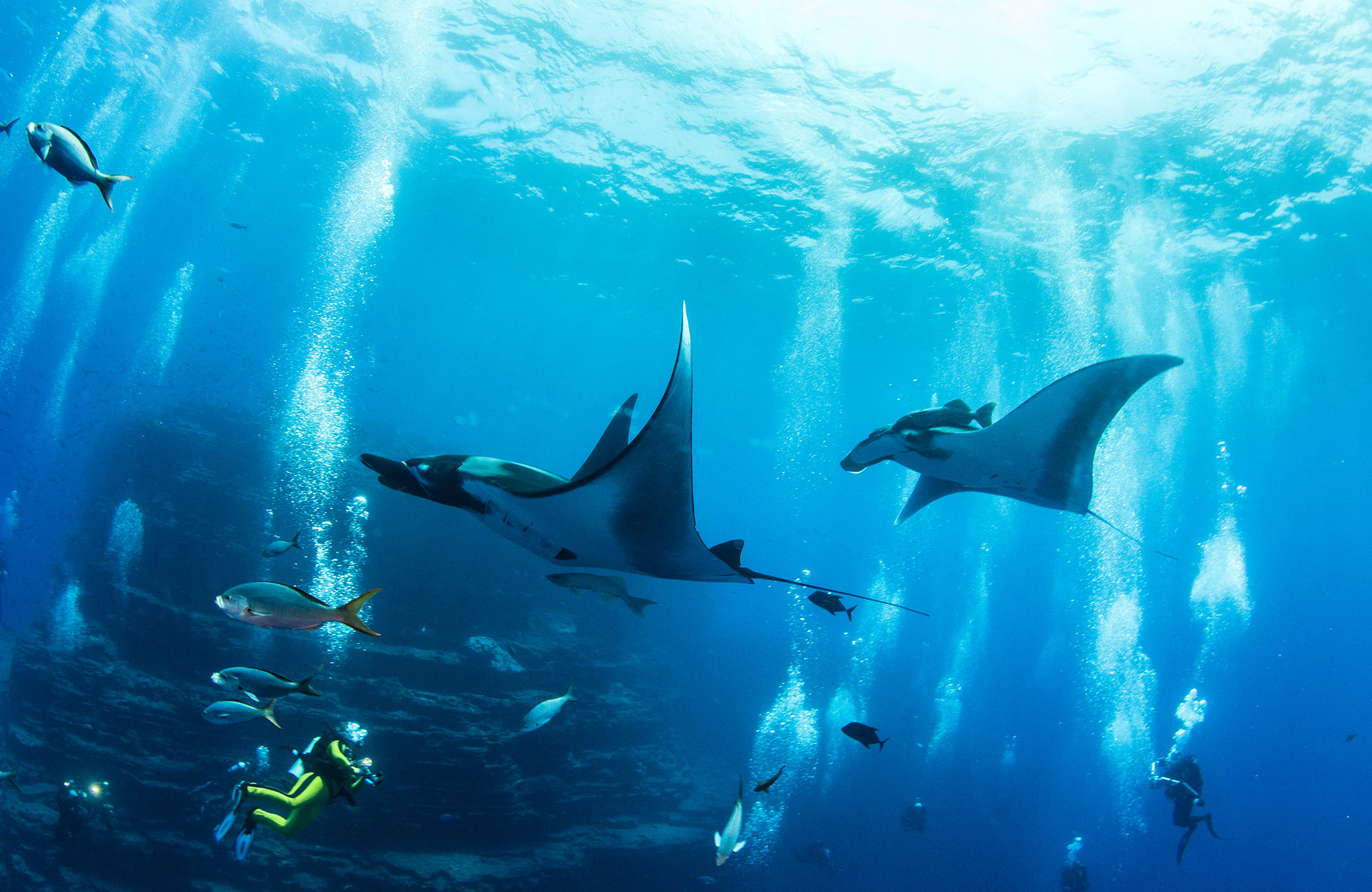Hvis du drømmer om at udforske og være med til at bevare verdens skrøbelige maritime økosystem samtidig med, at du dykker i nogle af de lækreste dykkerspots i verden, så er marinekonservering noget for dig! Ved at arbejde frivilligt med marinekonservering kommer du til at arbejde sammen med andre internationale frivillige, og du får mulighed for at udforske og bo i nogle af verdens smukkeste og mest unikke destinationer samtidig med, at du bidrage positivt til at bevare det udsatte maritime økosystem.
Book et møde og hør alt om mulighederne!
Hvad kan du arbejde med?
71% af vores planet er dækket af vand, men desværre er det en realitet, at havet er truet mere end nogensinde af plastic, overfiskeri og mangel på opmærksomhed omkring den skade vi forvolder verdenshavene hver dag.
Marinekonserveringsprojekterne fokuserer på at genskabe ødelagte maritime økosystemer og beskytte truede dyrearter. Som frivillig hjælper du til med at forske og skabe opmærksomhed omkring de arter og udfordringer, som vi endnu ikke forstår til fulde. Det kan blandt andet være gennem research og analyser af koralrev, udvikle infomateriale, overvåge skildpadder i deres naturlige habitat og mange, mange andre spændende opgaver.
Uanset om du er på dit sabbatår, er studerende, tager en pause fra erhvervslivet eller er på en større jordomrejse, er der altid mulighed for at blive involveret i spændende marinekonserveringsprojekter.
Skriv til os og hør mere!


